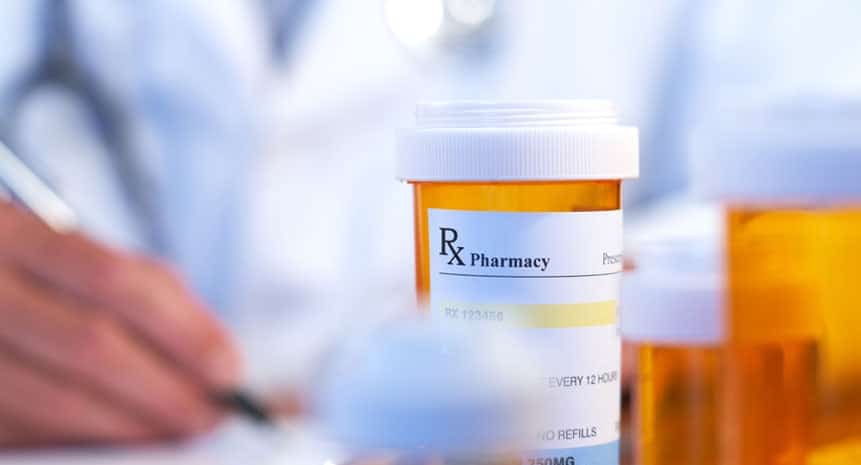
If you’ve ever wondered why your dentist always wants to know what medications you’re taking, you’re not alone. That information might seem irrelevant, but it’s actually quite important to your dental health.
When we take prescription drugs to help cure or treat a medical problem, we generally don’t give much thought as to whether those drugs will harm our dental health or not. However, hundreds of medications used today can increase the likelihood of dental problems.
Since prescription medication is an ongoing need in life — and not something to avoid when medical problems need treating — being aware of the possible side effects to our dental health simply helps to underline the need for good dental hygiene and care. The following list includes the major dental problems that medication can sometimes cause.
Bleeding – Medications, such as warfarin and heparin, can cause abnormal bleeding in the mouth. These drugs reduce blood clotting in the body to help prevent a heart attack or a stroke. Because of their anticoagulant properties, excessive bleeding in the mouth is more likely, especially during dental procedures.
Bone Loss – Some studies have linked bisphosphonates, a group of medications for treating osteoporosis, to bone loss in the jaw. The risk seems greatest for patients who intravenously receive large doses of the medication to treat cancer.
Candidiasis – Certain medications can cause a yeast infection in the mouth. Lung inhalers that contain steroids are most often responsible for this type of fungal infection, called candidiasis or thrush, which can become quite painful. You should rinse your mouth and the mouthpiece of your inhaler after each use to help mitigate this problem.
Decay – Tooth decay can result from the long-term use of drugs that contain added sugar, such as cough drops or syrup-based medications. If you need to take medications with added sugar, rinsing your mouth after use will help to deter problems from developing.
Dry Mouth – Many medications can reduce the flow of saliva in one’s mouth. This reduction can result in dry mouth, which increases your cavity risk. Medications used by those suffering from Parkinson’s disease or depression, for example, can cause dry mouth. Patients on narcotic pain medication can also experience dry mouth.
Gum Swelling – Seizure and certain blood pressure medications can cause gum tissue to swell and start to grow over your teeth. This overgrowth increases your risk of periodontal problems by creating an environment that’s more favorable for the growth of bacteria. If you already have dental plaque, the condition can become even worse.
Mucositis – Some chemotherapy drugs can inflame the sensitive tissue that lines the mouth. Mucositis is a painful condition, making it difficult to eat. If you smoke or drink, you’re even more likely to develop this condition. Dehydration, diabetes, and kidney disease can also increase the risk of mucositis.
Tooth Discoloration – Tetracycline, an antibiotic, can lead to tooth discoloration in children. The medication can settle into the calcium used to build teeth if it’s taken before the teeth are actually formed. Other types of antibiotics — such as amoxicillin, doxycycline, ciprofloxacin — can stain existing teeth and cause a yellow, gray, or brown discoloration.
Ulcers – Chemotherapy drugs and penicillin can cause sores to develop inside the mouth or on your tongue. Because of the breakdown of the mucous membrane, a mouth ulcer will often contain a hole in the middle. These sores are sometimes also called canker sores and are quite uncomfortable.
Even though many dental problems can arise from prescription drugs, their benefits generally outweigh any side effects. If you maintain good oral practices and visit your dentist regularly, you can avoid most issues that could lead to serious problems. At Aurora Dental Group, we will help you to preserve your healthy gums and teeth. Contact us today for more information!
